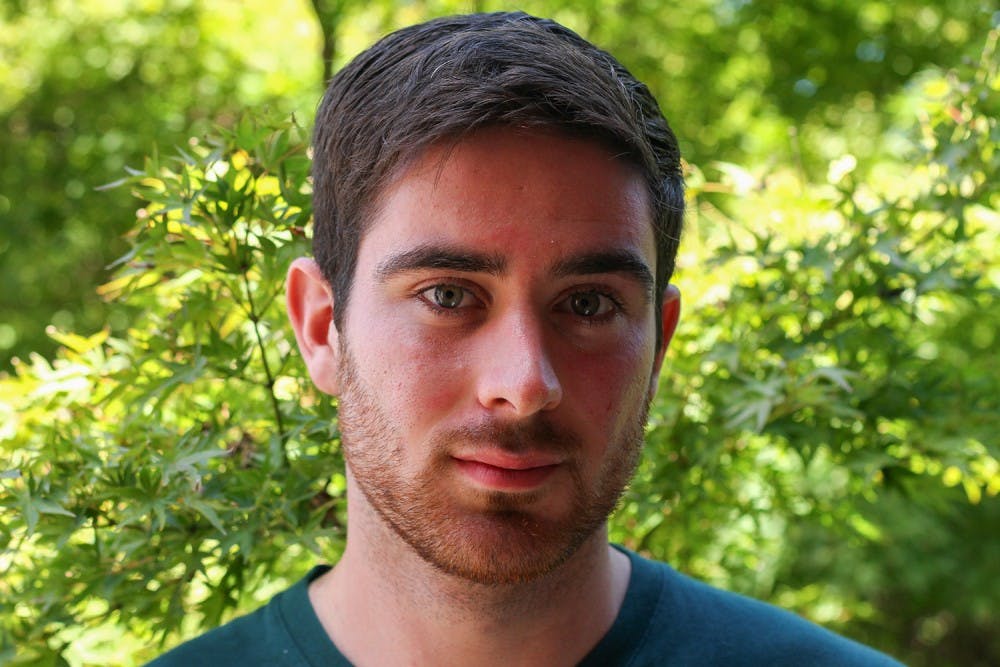I have the best job at The Daily Tar Heel. We, the opinion desk’s columnists, writers and editors have more or less a carte blanche to do as we like with the back page — and the most comfortable couch in the newsroom. It’s awesome. Consider it a credit to my restraint that the cartoon isn’t just a cat picture every day.
The best part about my job is also the most difficult, though. Unlike the rest of the DTH’s newsroom staff, I am free to sign any petition or associate with any political group I like. I can shout — or, more likely, these days, tweet — my opinions from the rooftops. I like it that way.
But there remains a careful balance to be struck between being a man with a lot of opinions and a man who simply copy-edits and prepares others’ opinions for consumption.
Ideally, I am both, but neither so much of the former that the opinion page becomes my personal diary nor so much of the latter that it becomes a formless entity of little more use than the scrawlings in a bathroom stall.
As racial tension mounts here at UNC and nationally, I’ve been flailing my editorial arms to try to reclaim some of that balance. If I believe a cause is just, is it not a moral imperative that I use whatever tools are at my disposal to bring about its benefits? But if someone is to intervene, should it be me, on others’ behalf?
My situation is interesting, but it is not unique. I am one of many people at UNC wondering about his role in the ongoing fight to achieve racial justice on this campus and elsewhere.
Well-intentioned white people, who have so long held the reins of racial discourse, are trying to figure out how to participate in this wave of justice movements without co-opting them. We’re finding out how difficult it is to have to constantly think about one’s race after a lifetime of not counting whiteness among our more salient identities.
If black is a color according to our construction of race, then so must be white. Color no less defines the fortunes of white people than it does those of any other group — whiteness, though, affects ours nearly uniformly for the better.
Confronting whiteness is difficult because it means acknowledging that the scale of our accomplishments as white people must be somewhat tempered according to the privilege that facilitated them. But we must do it anyway.



